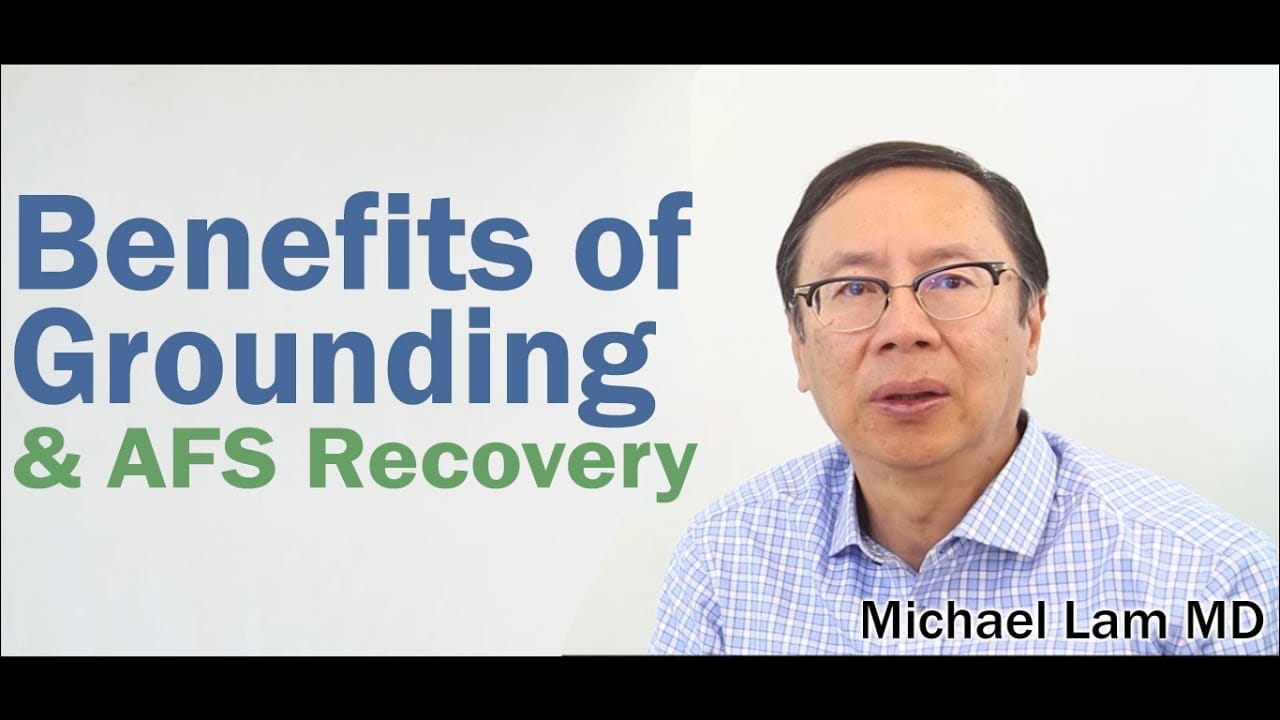
 Over the recent decades, researchers have studied the impact of electromagnetic fields, also referred to as EMFs, and the affect of electromagnetic hypersensitivity on our health. Electric and magnetic fields are abundant in modern life.
Over the recent decades, researchers have studied the impact of electromagnetic fields, also referred to as EMFs, and the affect of electromagnetic hypersensitivity on our health. Electric and magnetic fields are abundant in modern life.
Electric fields are produced by voltage, while magnetic fields are the result of current. Electrical fields remain constant even when devices are not turned on, though the magnetic field may vary. The result is that any electrical device produces EMFs, whether the device is on or off. In today’s high-tech living we are surrounded by many sources of EMF even though we may not be aware of them all. These fields have increased our electromagnetic hypersensitivity.
Electromagnetic Hypersensitivity refers to a health condition that is characterized by a variety of symptoms triggered by electrical sources. As each human body is incredibly unique and has a limited coping range for external stressors, symptoms vary greatly from person to person. Once exposure exceeds beyond the body’s ability to cope, the body becomes stressed, and the symptoms of EMF hypersensitivity emerge.
Sensitivities to EMFs are not a new phenomenon. In 1932 Erwin Schliephake, a German medical physician, published research on a condition he referred to as “radio wave sickness” or “microwave sickness”. He revealed his patients experienced extreme reactions when around radio towers. Though Electromagnetic Hypersensitivity is still disputed by some in the medical community, EMF research suggests 3% to 7% of the US population suffers from symptoms of Electromagnetic Hypersensitivity.
 Prolonged exposure to electromagnetic radiation can have a negative impact on all of the systems of the body. As people are incredibly diverse, symptoms vary greatly from person to person. The following health concerns are some of the possible symptoms of an Electromagnetic Hypersensitivity.
Prolonged exposure to electromagnetic radiation can have a negative impact on all of the systems of the body. As people are incredibly diverse, symptoms vary greatly from person to person. The following health concerns are some of the possible symptoms of an Electromagnetic Hypersensitivity.
This list is not exhaustive and there are many other symptoms that could be experienced due to oversensitivity to electromagnetic fields. Many symptoms could indicate medical conditions other than EMF sensitivity. Always consult your Primary Care Physician regarding health questions and concerns.
When symptoms begin to arise from sensitivity to EMFs, the body has already reached a point of fatigue. The body, as a whole, is overworked and each of the organ and systems of the body are affected. The body is living in a state of chronic internal distress.
Modern society is fast paced. We live in times of great technological discoveries that have allowed us easier ways of working, but results in leading busier lives than ever. An endless stream of phone calls, appointments, commuting, and “emergencies” to attend to. The body’s natural defense against chronic stress is the NeuroEndoMetabolic (NEM) stress response. During times of stress, the adrenals secrete cortisol, the “fight or flight” hormone, to address and cope with the current stressor. This response is essential when a threat of harm exists. When cortisol is released, the body goes into survival mode. The body functions that are not crucial for survival are decreased significantly. These include lowered function in the digestive, immune, and reproductive systems. When threats to survival exist, cortisol heightens the senses and increases reasoning and decision making capabilities.
The NEM stress response is triggered by all kinds of stress. Positive and negative stressors affect the body the same. Important milestones in life, such as: marriage, children, and job promotions trigger the NEM stress response just as much as traumatic events do. The NEM stress response is designed to be a temporary state of being intended to subside once the threat of harm disappears. When stress is chronic and with the constant assault of EMFs, the adrenals become overworked and exhausted. The result is often Adrenal Fatigue Syndrome.
The adrenals are small glands that are located at the top of each kidney. The adrenal glands produce cortisol, as well as sex hormones and hormones that help the body control blood sugar, blood pressure, digest and utilize proteins and fats, and assist the immune system in dealing with illness, disease, and, injuries. When the adrenal glands are overworked, the production of these essential hormones is affected and the result is systemic, health is comprised.
The symptoms of Adrenal Fatigue Syndrome (AFS) and electromagnetic hypersensitivity are often the same. The most common symptoms of AFS include, but are not limited to,

While none of these symptoms alone are a definitive sign of Adrenal Fatigue Syndrome, when these symptoms are considered collectively they often point to an adrenal gland dysfunction.
Recent studies into Adrenal Fatigue suggest an association with electromagnetic hypersensitivity. Adrenal Fatigue Syndrome, left untreated, may progressively get worse. Adrenal Fatigue sufferers should limit EMF exposure as much as possible, in order to reduce the effects on their health.
When the delicate balance of the human body is interrupted by ongoing stress, toxins, EMF exposure, poor diet, and lack of physical activity, lifestyle changes are essential. Natural techniques for lowering and coping with stress and detoxifying the body, are generally well tolerated and effective.
Grounding is an ancient technique that helps us to shift our focus, change perspective, and help to reduce EMF exposure symptoms. There are several ways that grounding can be practiced. Here are a few examples of grounding practices.

Living in our modern society, we are constantly bombarded with electromagnetic fields, emitted from the technology we use, every day. Many individuals experience seemingly unrelated symptoms from EMF exposure. Electromagnetic hypersensitivity is a physical reaction to EMF exposure and places the body in a state of chronic stress and AFS may result. Adrenal Fatigue Syndrome, left untreated, may progress into the advanced stages of adrenal fatigue. The adrenals continue to weaken from chronic stress and environmental toxins, and the body may break-down further. The journey to recovery is focused on reducing the stress on the body and increasing overall health. Treatment must include decreasing EMF exposure and overall stress levels, while providing the body with optimal nutrition, hydration, and rest. Making lifestyle changes slowly is important to remember. Even positive health changes, when done too quickly, can have an unintended response. For example, beginning exercise cautiously and starting with short intervals of low impact yoga, or sessions of yogic breathing, will help the body adjust to exercise demands without triggering an adrenal crash. Making slow, deliberate changes to diet and lifestyle will have a positive impact on health with little risk of negative reactions. Decreasing EMF exposure, especially for those with an electromagnetic hypersensitivity, is vital for reducing the stress on the body. Learning ways to “unplug” from technology and reduce EMF exposure are essential in recovery.
© Copyright 2017 Michael Lam, M.D. All Rights Reserved.

